PMI
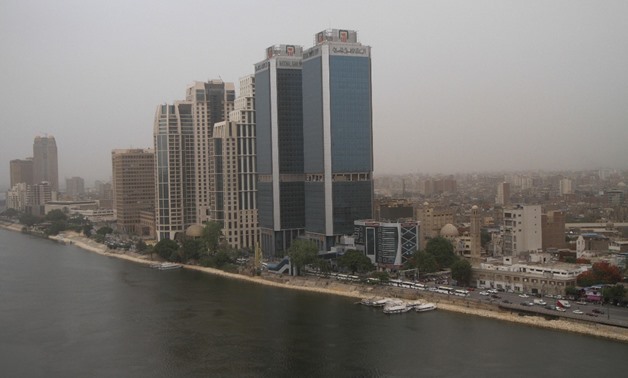
The latest data from the PMI sub-components presented a mixed picture, with the output and new orders indices being the main factors keeping the overall index below the neutral mark.

Oil refining activities decreased by 6.1 percent, influenced by lower production, but started to improve in the months after the fiscal year ended, as dues to foreign partners were settled.
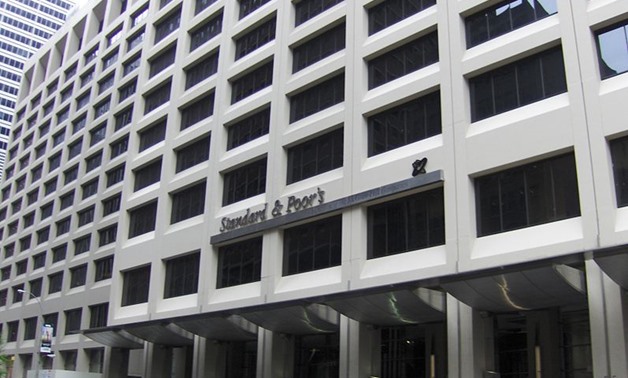
Egypt’s PMI rose to 50.4 into growth territory in August, breaking an almost three-year streak in which it remained under 50.0 – which signals deterioration in economic conditions – since November 2020.

Registering just below the 50.0 threshold indicating growth, Egypt’s PMI slipped to 49.7 in July, making it the second-highest reading in nearly three years after declining from June’s 49.9

Egypt’s non-oil private sector is on the cusp of pulling out of contraction territory, according to the latest PMI report by S&P Global for June 2024
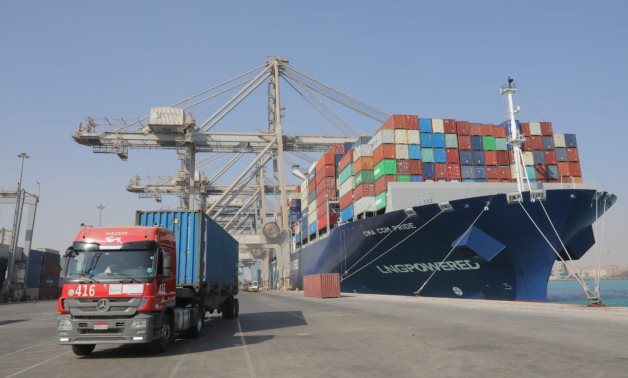
The increased availability of foreign currency, coupled with hopes of exchange rate stability, lower prices, and improved material availability, boosted confidence among non-oil firms regarding the year-ahead outlook for activity
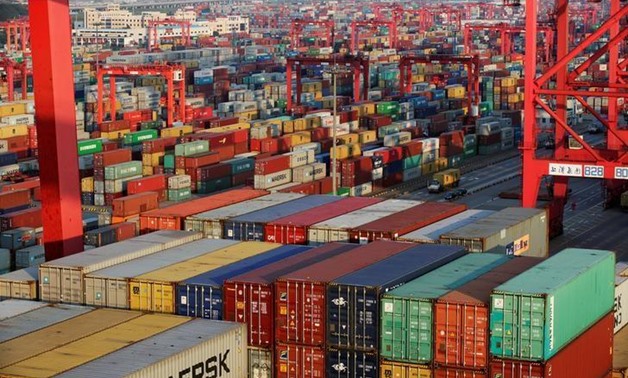
The March PMI survey indicated that recent measures taken to address Egypt's currency crisis, such as raising interest rates and floating the Egyptian pound, provided some relief in terms of price pressures
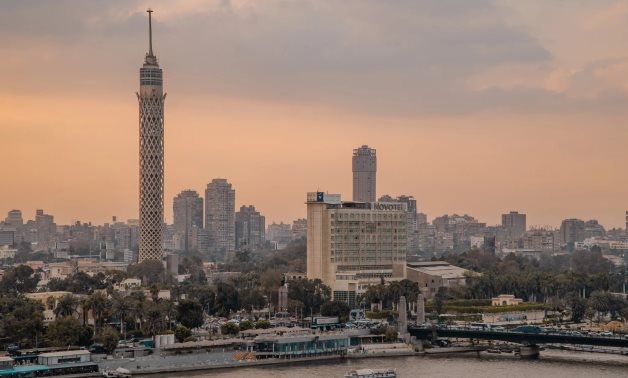
The latest PMI reading indicates a notable decrease in demand, output, and employment levels across various sectors of the Egyptian non-oil economy

S&P attributed the drop to falling sales volumes and rising price pressures, leading to the 38th consecutive month in which Egypt’s non-oil private sector activity narrowed

According to S&P, the latest data displays a modest deterioration that was softer than the average seen over the past year (47.9). Egypt received its highest index rating of 49.2 in July, breaking its previous record from August 2021

In August, output declined modestly, driven by price pressures that constrained capacity
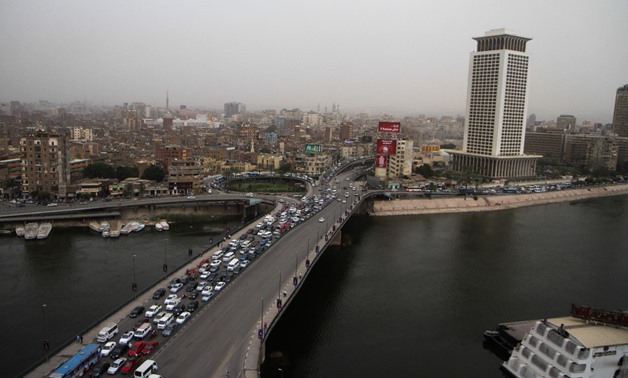
Despite the modest decline since May, inflationary pressures remained below the earlier peaks witnessed in January
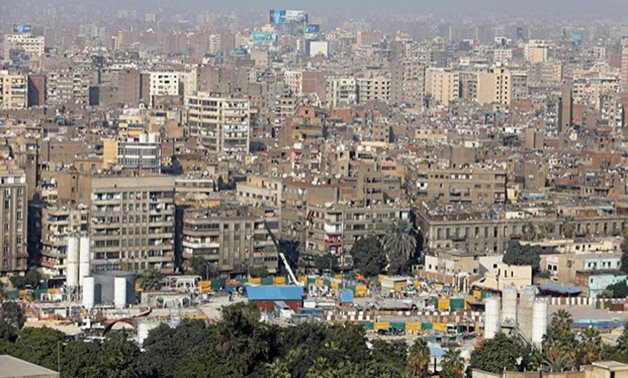
According to S&P Global data, the index was up from 45.5 in January to signal a softer downturn.
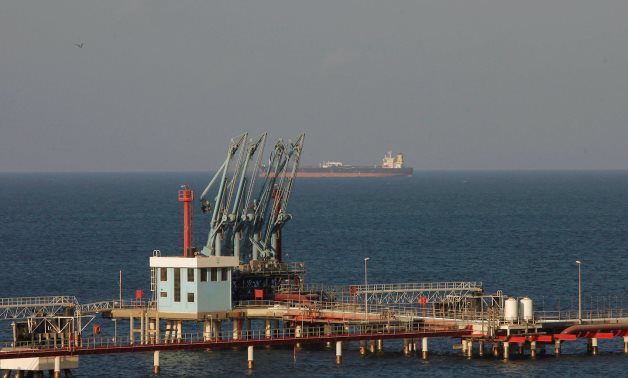
According to S&P Global data, the reading indicated a sharp deterioration in the health of the non-oil sector that was one of the quickest seen in the current 26-month sequence of decline.
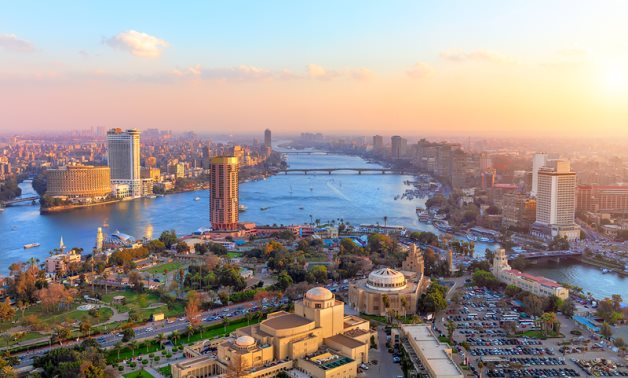
The main reason for the recession was the rapid decline in business activity, with companies participating in the study reporting that rapidly rising costs and declining new orders forced them to cut production.

The index signaled a solid deterioration in business conditions, albeit one that was the joint-weakest for seven months, it revealed.

The PMI for the activity of the non-oil private sector increased from 46.4 points in July to 47.6 points in August.

The results of the index revealed that the Egyptian non-oil businesses continued to register a decline in new order intakes at the start of the third quarter.

It clarified that businesses saw demand slump in the face of sharply rising prices, a devalued pound and material shortfalls.

It noted that the index signaled a solid deterioration in business conditions that was the second-fastest since June 2020.